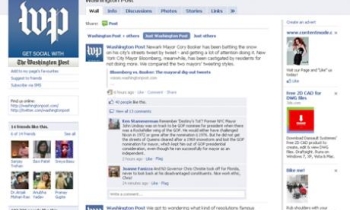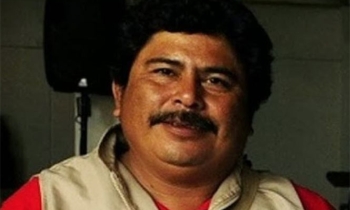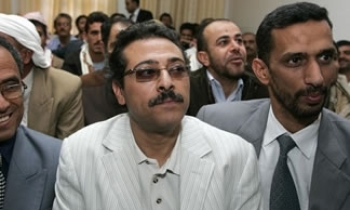If Rupert Murdoch succeeds in buying Dow Jones & Co., will the unusual editorial-independence provision in the deal — which would apparently limit his involvement in The Wall Street Journal newsroom — really work? And should it?
Veteran editors and newspaper executives who spoke with E&P today offered mostly criticism of the arrangement, from both the newsroom and ownership sides, saying the awkward limitations may well be unfair to the owner while likely doing little to truly protect the editorial department.
“Either sell it or don’t sell it,” said Ben Bradlee, former executive editor of The Washington Post, who served from 1965 to 1991. “Jesus Christ! The idea that an owner, whoever it is, has nothing to say about editorial? What the hell? Of course the owner has a say in who is the editor and what goes in the paper. If you don’t like it, bag him.”
Bradlee said he never had job protection under former publisher Katherine Graham, and gladly accepted the arrangement that he could lose his job if she saw fit: “If Katherine Graham had not liked what the Post was under me, she would have bagged me.” As for Murdoch, he said, “I don’t think he’s as bad as everyone says. He wants that paper.” He added he did not believe Murdoch would interfere to the point of making the paper worse. “I think we are making a mountain out of a molehill.”
Gene Roberts, the legendary former editor of The Philadelphia Inquirer who ran that newsroom from 1972 to 1990, had a different view of Murdoch. He said he would never work under such an arrangement because he would not want to be employed by the media mogul: “I would not work for Murdoch to begin with. I think it is manifest that the newsroom has to take a certain line on certain positions. This is true with Fox News and the New York Post.”
Roberts also believed that any agreement for editorial independence could be easily ignored. “It is window dressing in which the previous owners can say, ‘We’ve done our best’,” Roberts said. “This does not work. In the end, Mr. Murdoch will do what he wants to do. He has a history of getting his way in his newspapers.”
On the ownership side, former Gannett CEO Al Neuharth, who ran that company from 1973 to 1986 and launched USA Today, said putting such restrictions on Murdoch is unfair. “He who pays the piper, calls the tune,” said Neuharth. “Restrictions that previous owners place on successor owners are really designed more to ease the conscience of those who made the sale. They are hopeful that it will have an effect on the paper.”
Neuharth, who said he knows Murdoch well, also believes people are wrongly assuming the incoming owner would hurt the company. “You are seeing an unfair portrayal of Rupert as an irresponsible one-of-a-kind,” he said. “I think it will probably improve under him. He’ll put in more money and have a hands-on approach.”
Frank Blethen, whose company owns six daily newspapers, including The Seattle Times, called any such arrangement for editorial protections “a joke. There is no way something like this is going to sustain itself. It is a way to make the family feel better. The fact is, they are selling out for the dough.”
Blethen then criticized the entire sale, saying “the whole thing is a sad commentary on another step toward the loss of independent journalistic voices.”
John Carroll, the veteran former editor of the Los Angeles Times and The Sun of Baltimore, said the power of the provision will depend on how it is written. “You have to view the fine print,” he said of the agreement, which has not been disclosed. “It would be unusual and it would be difficult to set it up in a way that would be foolproof.”
But Gilbert Bailon, editor and publisher of Al Dia in Dallas, Texas, and president of the American Society of Newspaper Editors, welcomed the approach to avoid too much ownership control over coverage. “It is highly unusual, but it is an indication that some editors would say is a wise move to protect them,” he said. “It would be a fine line that might have to be walked.”
Christine Tatum, president of the Society of Professional Journalists and an editor at The Denver Post, agreed. “Getting this kind of a deal in writing is better than having nothing at all,” she said. “In the end, you get a common understanding.”









